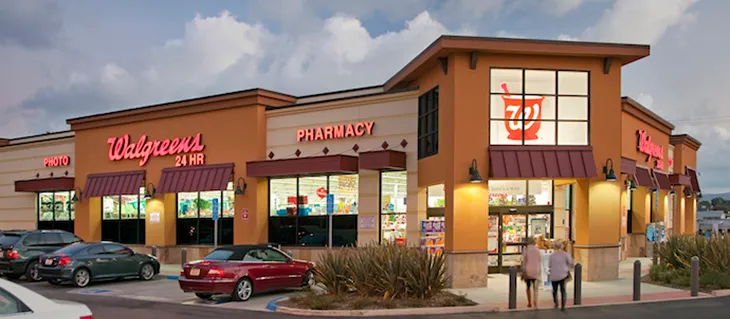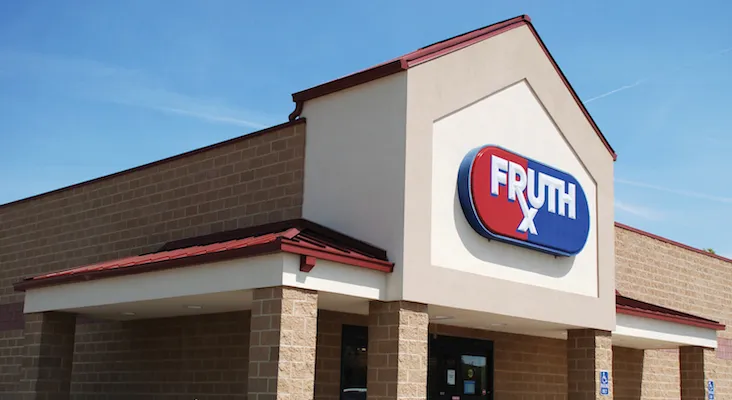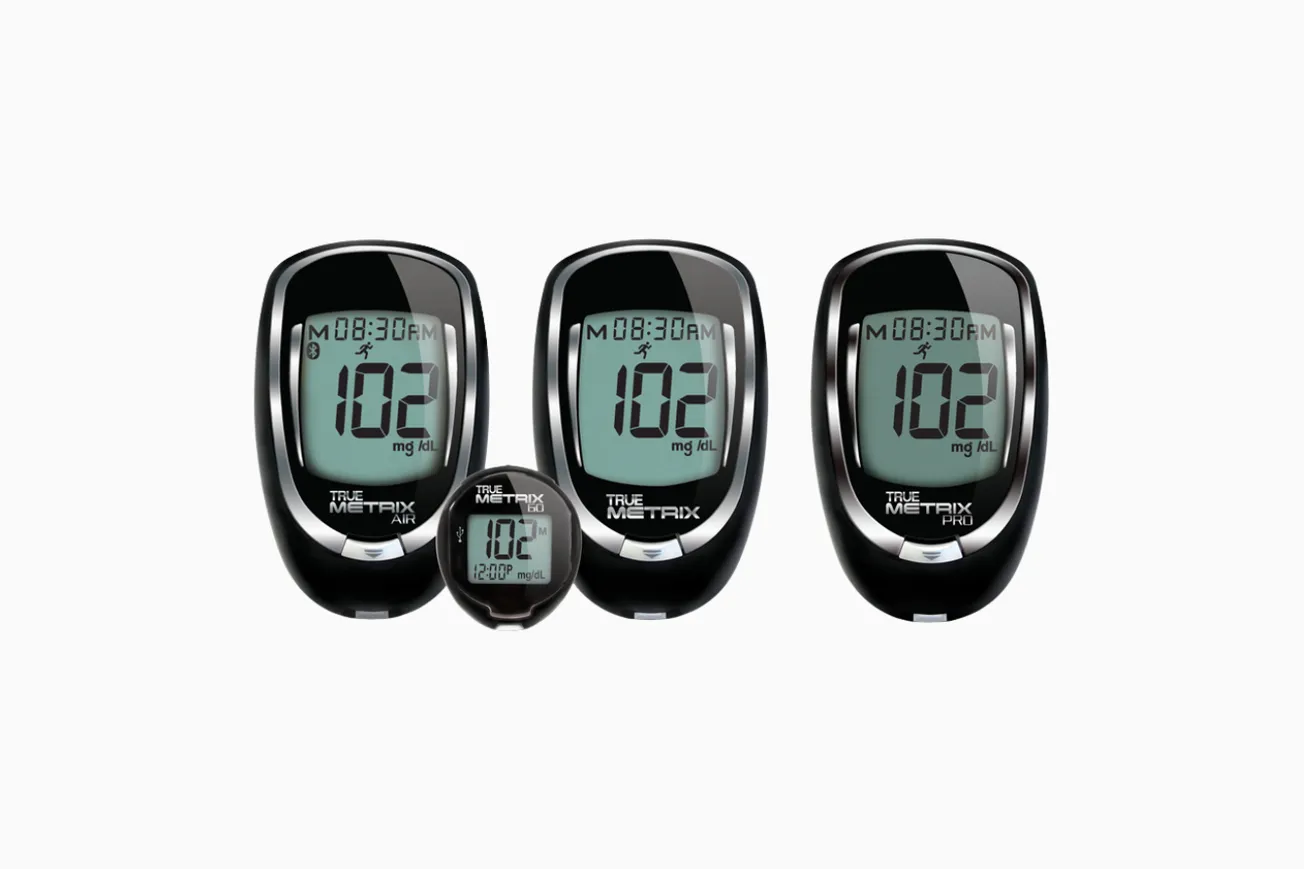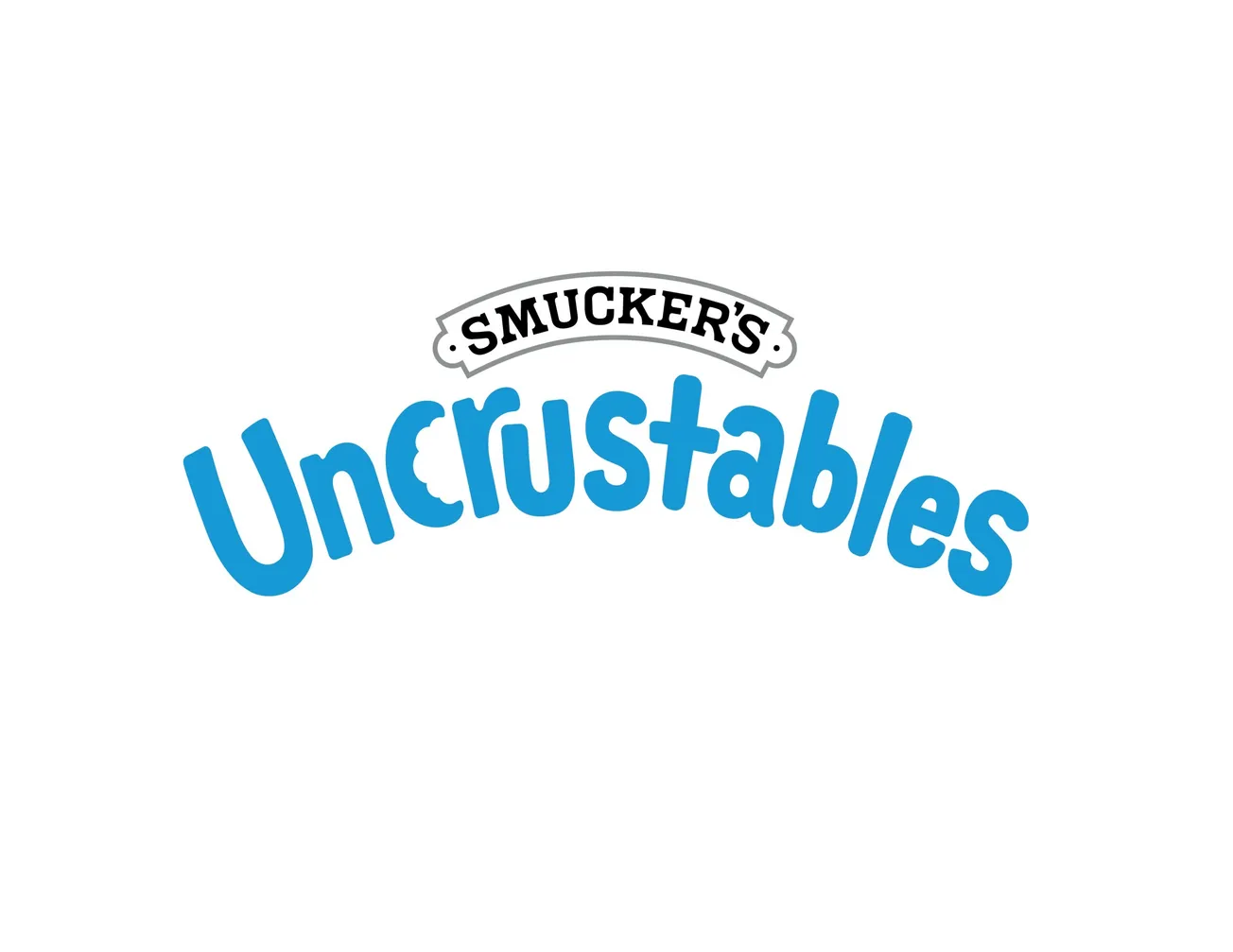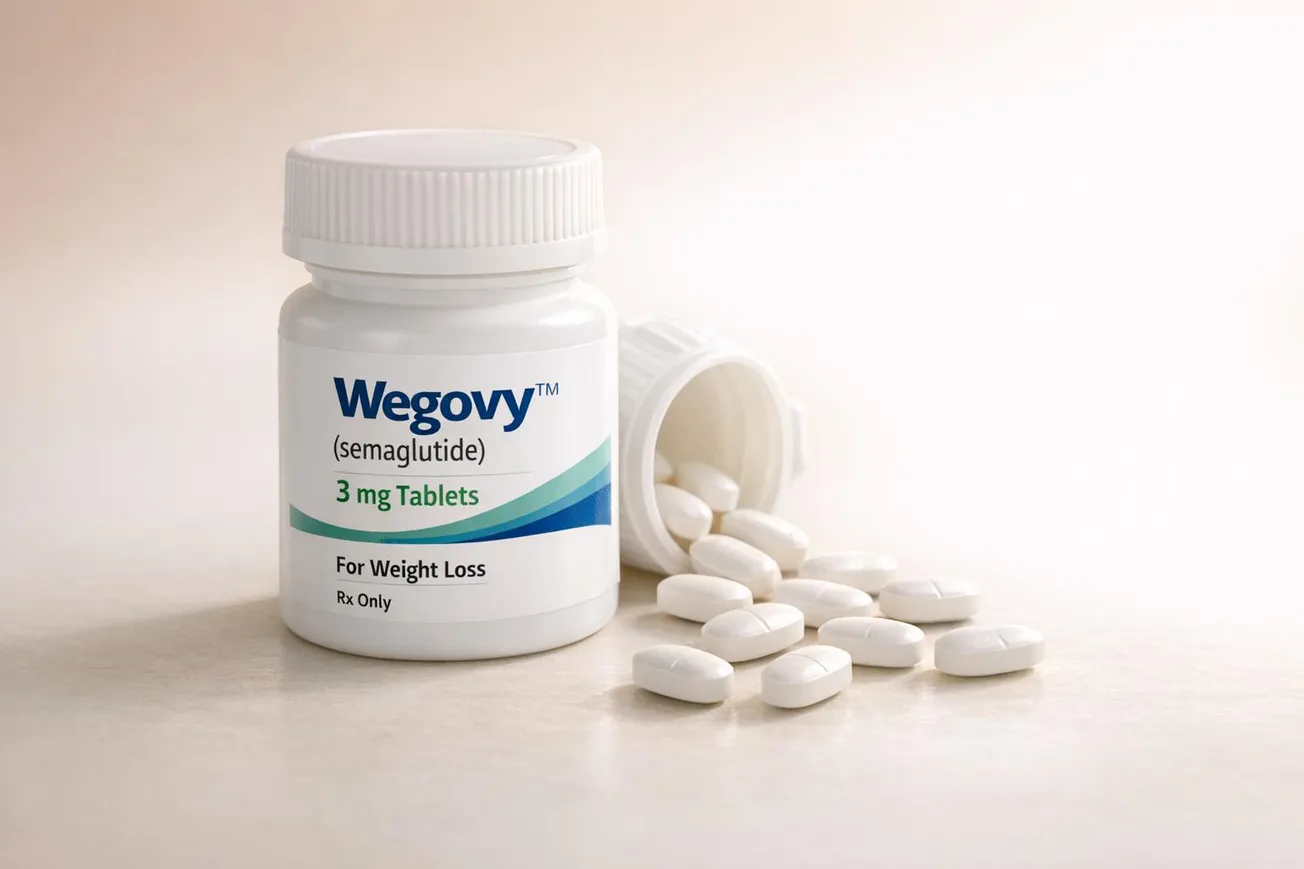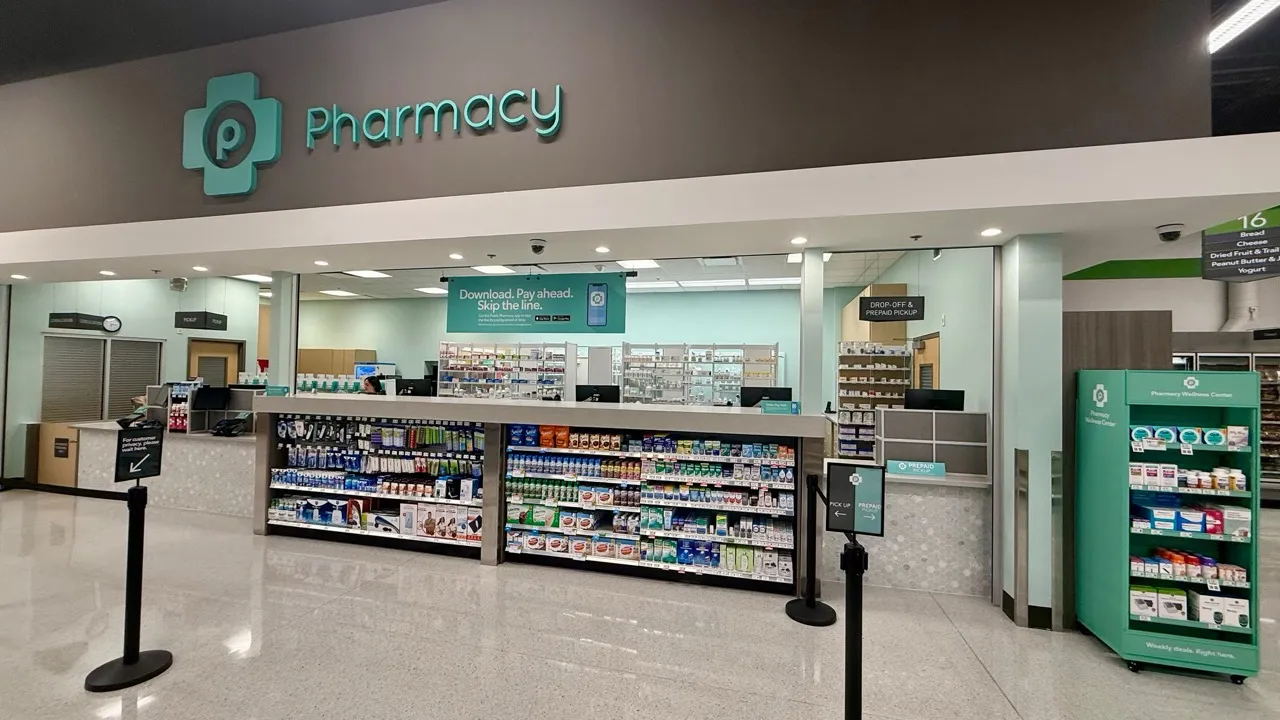
Sheila Arquette
Specialty pharmacy continues to be dynamic, demanding and disruptive, undergoing rapid and dramatic change. Specialty pharmacies connect patients diagnosed with life-altering and often life-threatening complex health conditions, including cancer, rheumatoid arthritis, multiple sclerosis, cystic fibrosis, hemophilia, rare and orphan diseases, and organ transplantation, with the medications prescribed for their conditions. The expert services that specialty pharmacies provide drive adherence and proper management of medication dosing and side effects, and ensure safe and appropriate medication use. Specialty pharmacy’s patient-centric model is designed to provide a comprehensive and coordinated model of care, ensuring patients achieve superior clinical and economic outcomes while expediting their access to care.
As the market continues to demand specialization in drug distribution and clinical management of complex therapies, specialty pharmacy continues to evolve. This relentless pace of change challenges all providers along the care continuum to find new ways to support specialty patients and control costs. Specialty pharmacy is defined not by the site of care but the model of care and the type of patient management and care coordination services it provides.
Key trends, challenges and opportunities to watch include:
• Pipeline — Specialty, niche and orphan disease drugs comprise the largest proportion of new medicines launched in the past decade. Specialty medicines account for around 75% of the approximately 7,000 new drugs under development. In 2022, the Food and Drug Administration will approve about 600 drugs, and up to 60% of them will be specialty. To put this growth into perspective, consider that over 10 years — from 2010 to the end of 2020 — the FDA approved only 140 specialty drugs.
This tremendous growth signals a sea change in our health care system that will present us with tremendous benefits but also some compelling challenges — all in the not-so-distant future. Medication access and affordability issues compounded by our aging population only serve to highlight the significant value specialty pharmacy brings as an integral member of the patient’s health care delivery team.
• Increased specialty medication utilization and spend — While specialty medications only comprise 3% of all prescriptions dispensed, they account for 56% of drug spending, up from 28% in 2011. After a reduced spend of 11.8% from 2019-2020, likely attributed to the pandemic, specialty spend from 2020-2021 rebounded to 14.2%.
The rise in specialty spending is predominately driven by autoimmune diseases and oncology, where spending increased 459% and 226%, respectively, since 2011 on a net basis. Additionally, a report from the American Hospital Association projected the number of Americans with chronic medical conditions will grow by 9% between 2020 and 2030, an increase of 14 million people. With an increased number of specialty drugs being approved for conditions traditionally treated with small molecule therapies, the specialty market will remain strong; but the stakes are high, not only for those inside the specialty arena, but for all of us.
• Biosimilars — Biosimilar adoption is key to delivering on the promise of reduced health care costs for payers, employers and patients. Since 2015, 39 biosimilar products have been approved and 22 products were launched in the US. An estimated $21 billion in savings to health care systems over the past six years has been attributed to biosimilar competition, with savings over the next five year projected to exceed $100 billion.
All eyes are on January 2023, as the industry anxiously awaits the dawn of a new era: the Biosimilar Boom. A wave of biosimilars of Humira (adalimumab), the highest-grossing drug in the world, are expected to flood the market. With six biosimilars already FDA approved, there could be as many as 11 on the market by year’s end.
As trusted medication experts, specialty pharmacists will lead educational efforts to help increase confidence and improve uptake of biosimilars across the health care continuum, with the realization of significant savings that can be directed to newer and innovative therapies.
• Rare and orphan drugs — The approval of new treatments indicated for the treatment of rare and orphan diseases is outpacing traditional drug classes. Drugs for rare diseases now constitute a growing part of the pipeline and are expected to account for 22% of all prescription drug sales by 2024. While these treatments represent new and potentially life-saving options for the patients who use them, they can be extremely expensive and require the high-touch, white glove level of service, intensive patient management, and care coordination that only specialty pharmacy can provide.
• Technology — Emerging and evolving technologies — like artificial intelligence and virtual health — are driving exponential change in the delivery of specialty pharmacy care. Driven by the pandemic, advanced technology is emerging as a critical link in the continuum of patient care. Many specialty pharmacies are investing heavily in technology to better engage patients. By sharing real-time data and reporting with patients, providers, payers and pharma, technology is ultimately improving patient outcomes.
• Federal and state legislation and regulations — 2022 saw both federal and state-level activities focused on addressing medication access and affordability.
The Federal Trade Commission proceeded with its planned 6(b) study to review pharmacy benefit manager practices and, specifically, the impact that vertically integrated businesses have on access to and the affordability of medications.
The Centers for Medicare and Medicaid Services (CMS) issued a final rule revising the way Medicare determines the “negotiated price” (i.e., the lowest possible reimbursement a network pharmacy will receive in total for a covered Part D drug and the price upon which beneficiary cost-sharing is based at the pharmacy counter) under Medicare Part D. CMS estimates that the reforms outlined in its proposal will generate over $20 billion in savings for seniors.
The Inflation Reduction Act of 2022, signed into law in August, includes several provisions to lower prescription drug costs for Medicare beneficiaries and reduce the federal government’s drug spending. The Congressional Budget Office estimates that the drug pricing provisions in the law will reduce the federal deficit by $237 billion over 10 years (2022-2031).
In addition, several states introduced legislation that, if passed, would impact specialty pharmacy practice, including: regulating pharmacy reimbursement; patient steering; restrictions on the delivery of prescriptions; and potential state licensure requirements for resident and non-resident pharmacists alike who dispense a drug to a patient within their state.
The future of specialty pharmacy is a future we all share. Scientific innovation and medical advancements allow us to live longer, healthier lives, but the ethical and financial challenges we face due to access and affordability issues will necessitate crucial conversations about how health care is delivered. National Association of Specialty Pharmacy (NASP) members have a seat at the table, helping to shape the future of health care and the specialty pharmacy industry. As the only nonprofit trade organization representing all industry stakeholders, we are privileged to play an important role in the evolution of specialty pharmacy practice. NASP serves as an incubator for ideas, a facilitator for elevating the practice of specialty pharmacy, and an advocate, using our collective voices to speak with one unified voice to policy and decision makers on the national stage. NASP members are an extraordinary collection of health care partners — diverse, innovative, committed, collaborative and devoted to improving patient care.
As we move into 2023, specialty pharmacy and the entire health care ecosystem seems more settled but has forever been transformed by the disruptions of the pandemic. Specialty pharmacy will continue to be dynamic, demanding and disruptive, rapidly evolving to embrace challenges that become opportunities and opportunities that become solutions, all designed to advance and enhance patient care.
From our vantage point, there is much to look forward to.
Sheila Arquette is president and chief executive officer of the National Association of Specialty Pharmacy.


